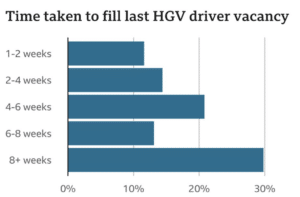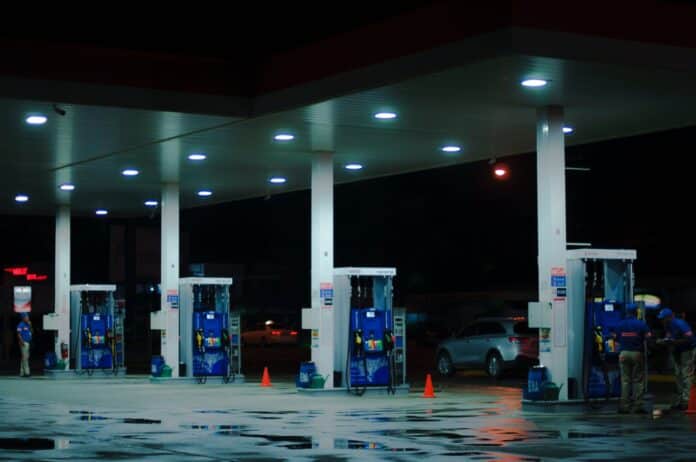The long queues outside petrol stations across the UK has not been the most conspicuous of news in recent times. Fuel shortages within the petrol stations were catalysed by a shortage of heavy goods vehicles drivers, which in turn caused what was a panic and caused people to fill up their tanks. Getting fuel into petrol stations is the tip of the iceberg when it comes to the logistics of the fuel crisis.
The Role of Heavy Goods Vehicle Drivers
A primary part of the logistics when it comes to fuel is the transport drivers who make the deliveries. The responsibilities of a heavy goods vehicle driver are to transport goods between locations, both nationally and internationally As the qualifications to be able to transport different types of goods varies. In accordance with the BBC, the shortage of heavy good vehicle drivers is a result of coronavirus, Brexit as well as a range of other factors.
Following Brexit, many European drivers have decided to move back to their home countries which in turn has left a shortage of drivers in the UK itself. As a way to try and rectify this shortage, the UK government has offered short temporary visas for 5000 fuel tanker lorry drivers as a way to try and combat the problem and avoid any future shortages. This is only a short term solution for the United Kingdom and the Transport Secretary has expressed his concern for this only being just that, a short term solution to a long term problem.
Although a request has been made for heavy goods vehicle drivers, the applicants to fill them are extremely scarce, which is due to the uncertainty surrounding the economic climate at this moment in time in the United Kingdom. The time to fill the positions in the UK is something that is a contribution to the logical reasoning behind the fuel shortage.

(Image Source: Road Haulage Association)
The Impact of Brexit
It is apparent that the logistics behind the return of the heavy goods vehicles drivers back to their home countries was because of Brexit, which in turn has had effects on other goods delivery services, the fuel shortage being of prominence. The issue is many European drivers who returned back to their home countries are not in a position to be able to return, because the United Kingdom is no longer part of the European Union Single Market. The option to arrive and leave with certain freedoms has now been changed, which has resulted in a shortage of jobs like this.
Alongside the logistics of the law after the implementation of Brexit, the decline in the value of the pound compared to the Euro is something that is not as desirable to EU nationals as it once was. The start of 2021 brought about a 15% decrease in the value of the pound compared to the pound and fell on the eve of the referendum.
The Downside to Tax
The change in tax conditions has made it a more expensive fare for heavy vehicle goods drivers to come and work in and be employed within the United Kingdom. The reform in payroll has contributed to the falling desirability for these drivers to come back and work in the UK. From an employee stance, the tax changes are causing a knock-on effect to the logistics of the fuel crisis in the UK. The fuel crisis is heavily reliant on the presence of lorry drivers and increasing the desirability of coming to work within the UK.
What is being done about the shortages?
Parallel to both Brexit and the effects of the pandemic, the government is trying to establish long term solutions to this issue. The short term visas solve part of the logistics issue when it comes to the fuel crisis. The UK government is no also offering free intensive boot camps to try and increase the number of lorry driving tests. Funded by the budget for adult education, there is a hiring push for more and more people to consider the job of a heavy vehicle goods driver and urging those who have left the industry to consider making a return. There has also been a push for these drivers to work longer hours, but this has been met with criticism with fear of driver safety as well as upholding the daily drivers limit.
The fuel shortage is most certainly the tip of the iceberg when it comes to changes that will be seen throughout the UK as a knock-on effect of the change in circumstances, in this case, the shortage of drivers. There are schemes and ways in which the government is trying to rectify the results of these changes, but the question here isn’t the short term solutions aren’t enough for the long run?







